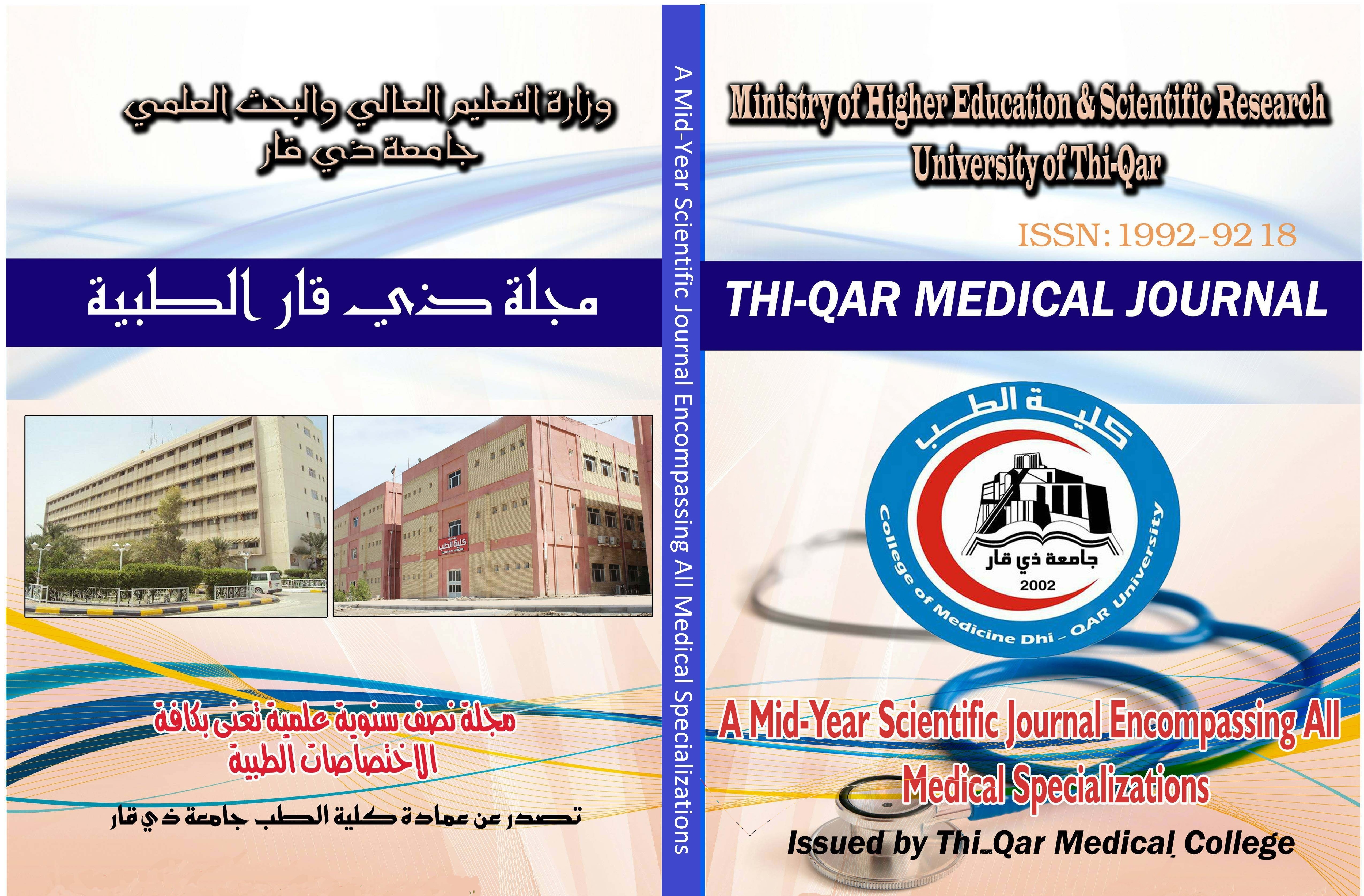Abstract
Background: cisplatin chemotherapy can cause acute kidney injury (AKI) in about 30% of patients
that act as a major dose-limiting problem complicating chemotherapy by cisplatin that still
commonly indicated as first line treatment of cancer management without relatively less toxic and
equally effective substitutes. Cisplatin induced-DNA damage and oxidative- inflammatory hyper
reactivity with apoptosis are the bases for cisplatin-induced AKI. Erythropoietin has approved
antioxidant, anti-inflammatory and to some extent antiapoptotic effects that may have ameliorative
effect on early cisplatin-induced AKI. Kidney injury molecules-1 (KIM-1) and interleukin-18 (IL-18)
were assumed to be more sensitive for detecting AKI than the traditional kidney function tests (serum
creatinine and urea).
Objective: assess the effect of erythropoietin on early upregulation of kidney injury parameters after
cisplatin treatment.
that act as a major dose-limiting problem complicating chemotherapy by cisplatin that still
commonly indicated as first line treatment of cancer management without relatively less toxic and
equally effective substitutes. Cisplatin induced-DNA damage and oxidative- inflammatory hyper
reactivity with apoptosis are the bases for cisplatin-induced AKI. Erythropoietin has approved
antioxidant, anti-inflammatory and to some extent antiapoptotic effects that may have ameliorative
effect on early cisplatin-induced AKI. Kidney injury molecules-1 (KIM-1) and interleukin-18 (IL-18)
were assumed to be more sensitive for detecting AKI than the traditional kidney function tests (serum
creatinine and urea).
Objective: assess the effect of erythropoietin on early upregulation of kidney injury parameters after
cisplatin treatment.
Keywords
Acute kidney Injury
Cisplatin
Erythropoietin
IL-18
KIM-1
